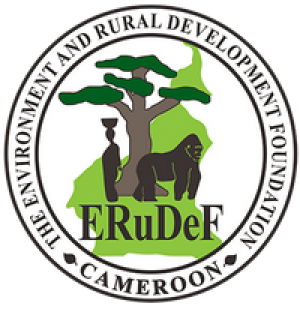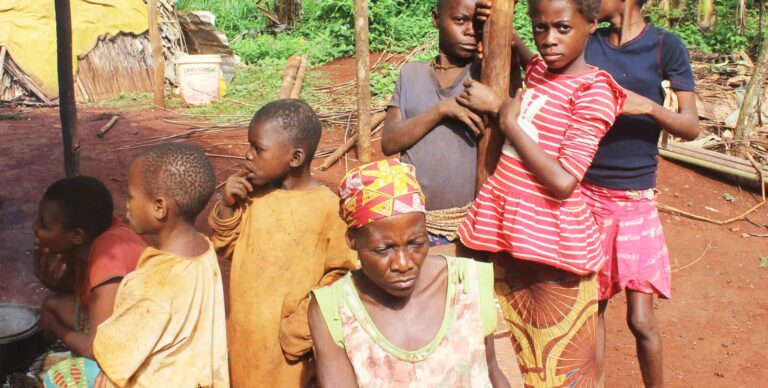The problem of land degradation and declining soil fertility is a reality in the steeply sloping lands of Mount Bamboutos. In order to fight against this land degradation and biodiversity loss, a “Forest Garden” project was initiated to plant trees and help farmers improve their income. As part of the capacity building component of the project, theoretical and practical training on composting was given to 150 farmers from 12 villages in the Mount Bamboutos early this year.
Compost represents a real alternative to chemical fertilizers, especially for poor rural populations that often encounter difficulty in using the various local wastes. The proposed technique was simple, flexible and accessible to all. The training was followed by a theoretical phase, which explained the different inputs used in the compost, and the practical phase, which allowed each group to set up a compost heap.
The main elements used were wood ash, chicken and pig droppings, bean and maize crop residues and certain herbs. They were schooled on the insecticidal role that certain plants such as Thithonia diversifolia or Tephrosia vogelii could play, or the fertilizing role that plants such as Acacia sp and Leuceana sp could play.
Between March 16 to March 30, 2020, the populations of the Bamebim, Bamaka, Bamessuing, Batomenie, Bagading II, Baladjeutsa, Bawa Fido, Bamelo, Balepo, Pinyin, Menka and Buchi Villages built their community compost pits.







